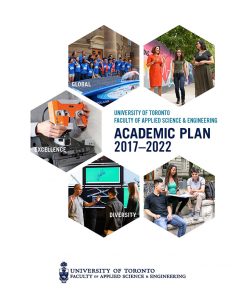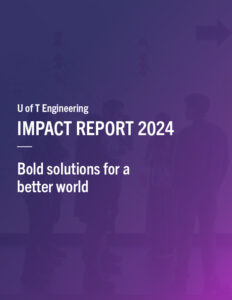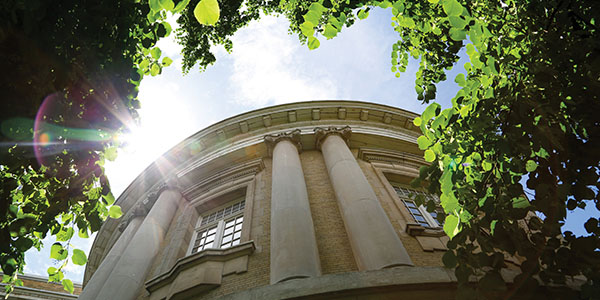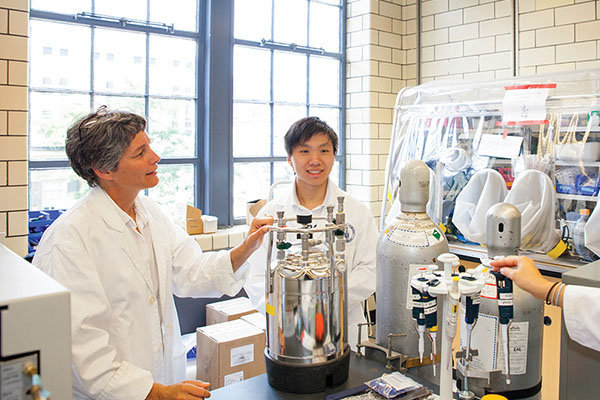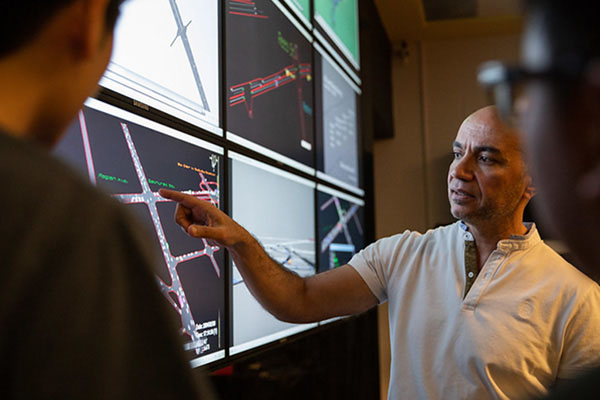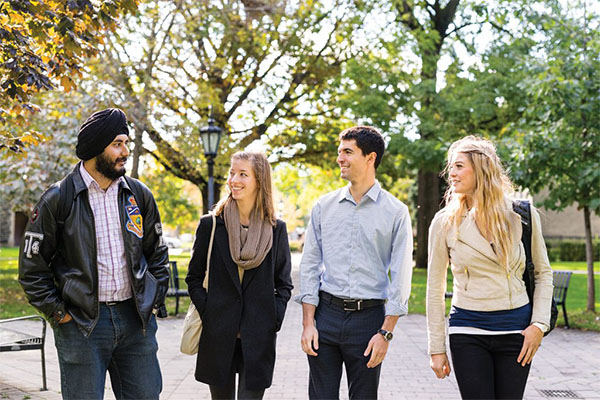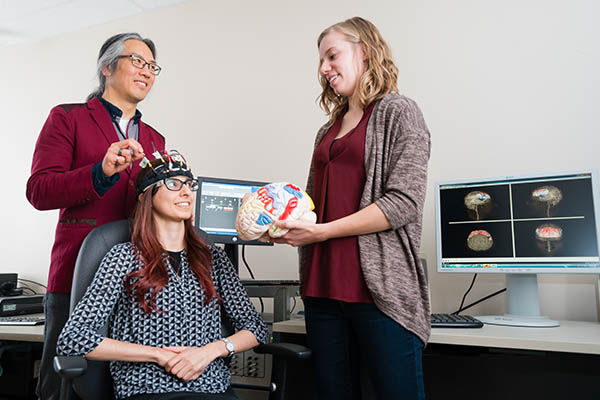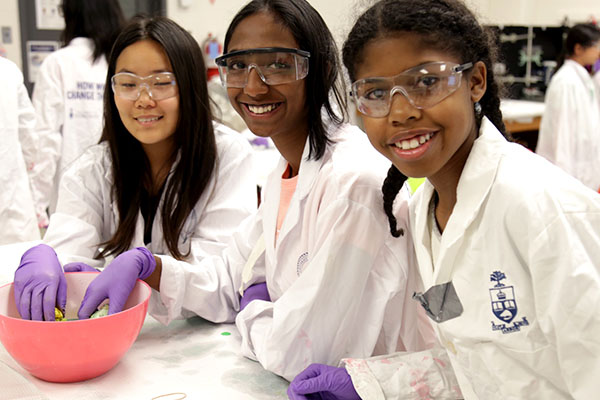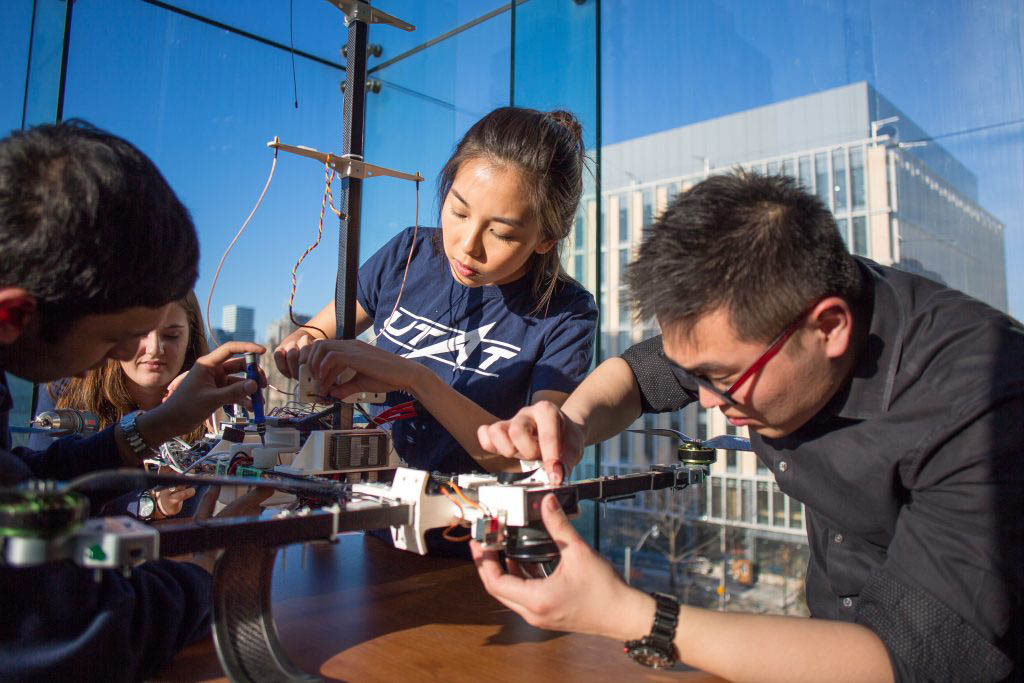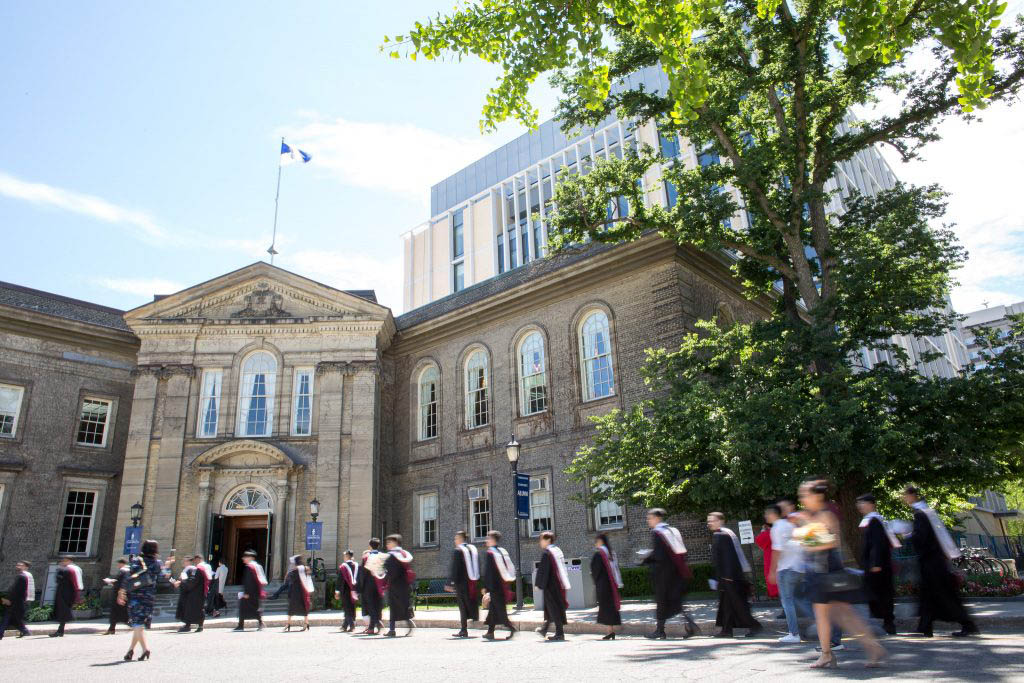External members are required to register to receive the link and passcode. Registration closes at 9am on April 4: tinyurl.com/apr6LLE
Anne Meyer, Technical University of Denmark
Host: Prof. Emma Master
From discovery of new enzymes for seaweed processing, over kinetic studies of plastic degrading enzymes, to engineering of glycoside hydrolases for synthesis of human milk oligosaccharides: The key point is always to understand how enzymes function in order to employ them in new processes. In this presentation I will give three examples of our recent work that relates to how new insight has led to potential new uses of enzymes and how the quest for using enzymes in new processes has led to new fundamental discoveries and/or new methods. Example 1: Brown macroalgae is a source of particular fucose-rich polysaccharides, fucoidans, that possess a range of beneficial bioactivities such as anti-inflammatory and immune-modulatory effects. Enzymes that can selectively modify or catalyze depolymerization of fucoidans are a target of our research in order to deliver well-defined product structures that exert consistent and specific bioactivity properties. As part of this quest we have for example developed a way to stabilize fragile bacterial fucoidanases1 and – by serendipity – discovered an unusual quaternary hexameric enzyme structure that seem to represent a novel protein thermostabilization mechanism2. We also realized that a particular marine fungus, Paradendryphiella salina has adapted to thrive on brown macroalgae only by having alginate lyase encoding genes3. Example 2: We have recently embarked on studying enzymes that can degrade plastic, notably polyethylene terephthalate (PET). During that work we realized the critical significance of the degree of the PET crystallinity for the enzymatic rate, and realized, using scanning electron microscopy, that the PET surface looks very different after enzymatic attack dependent on the initial crystallinity of the PET substrate4. Example 3: Lastly, I will like to share some protein engineering approaches we use – although not always equally successfully! – to try to get glycoside hydrolases to catalyze transglycosylation reactions. We are interested in transglycosylation technology as a way to design bioactive glycan structures, first and foremost human milk oligosaccharide mimics5-7. In all cases, insight into how the enzymes work is a prerequisite for understanding their function in nature, and forms the foundation for developing enzyme-catalyzed processes and products for the future.
1 doi: 10.3390/md16110422
2 doi: 10.1038/s41598-021-98588-3
3 doi: 10.1038/s41598-019-48823-9
4 doi: 10.1016/j.nbt.2022.02.0065
5 doi: 10.3390/molecules24112033
6 doi: 10.1016/j.enzmictec.2018.04.008
7 doi: 10.3390/app112311493
________________________________________
Anne S. Meyer is a Professor of Enzyme Technology at the Technical University of Denmark (DTU) and Head of the Protein Chemistry & Enzyme Technology Division in the Department of Biotechnology and Biomedicine (DTU Bioengineering), DTU. She is also a group leader for the Enzyme Technology group in the Division. Anne holds an MSc from the University of Copenhagen, an MSc from the University of Reading, UK (1987), and a PhD from DTU (1993). Employed at DTU since 1988 in various positions, Anne has also had two postdoc stays at The University of California, Davis. She became a Full Professor at DTU in 2006 and headed The Center for BioProcess Engineering at DTU until summer 2018, where she assumed her current role as Head of the Protein Chemistry & Enzyme Technology Division at DTU Bioengineering. She has been a visiting professor at The Department of Chemical and Biomolecular Engineering, University of Melbourne, Australia from 2017-2020.
View the complete 2021-22 LLE schedule
Questions? Please contact Delicia Ansalem, Communications Officer & External Relations Liaison delicia.ansalem@utoronto.ca

